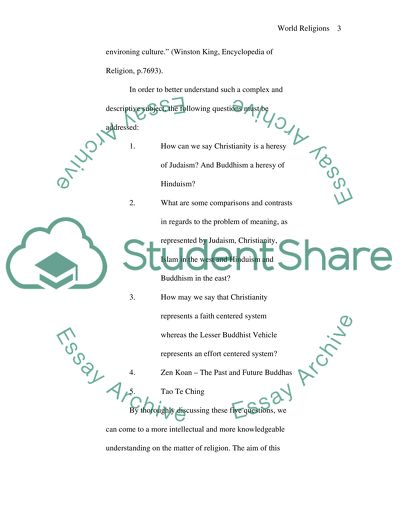Cite this document
(“World Religions Essay Example | Topics and Well Written Essays - 1000 words”, n.d.)
Retrieved from https://studentshare.org/miscellaneous/1525858-world-religions
Retrieved from https://studentshare.org/miscellaneous/1525858-world-religions
(World Religions Essay Example | Topics and Well Written Essays - 1000 Words)
https://studentshare.org/miscellaneous/1525858-world-religions.
https://studentshare.org/miscellaneous/1525858-world-religions.
“World Religions Essay Example | Topics and Well Written Essays - 1000 Words”, n.d. https://studentshare.org/miscellaneous/1525858-world-religions.


